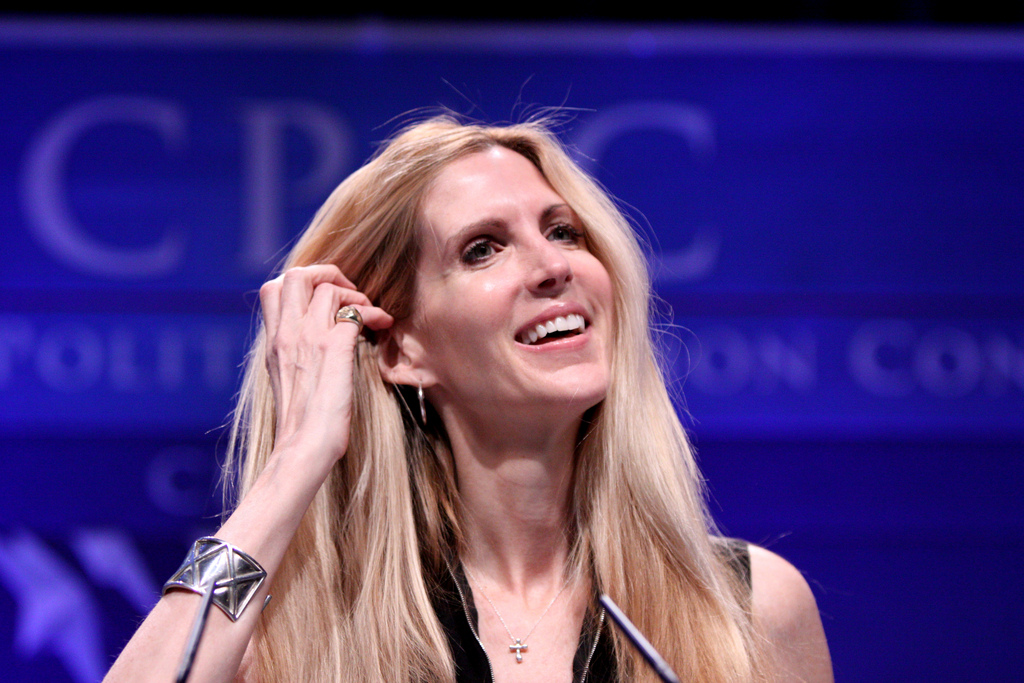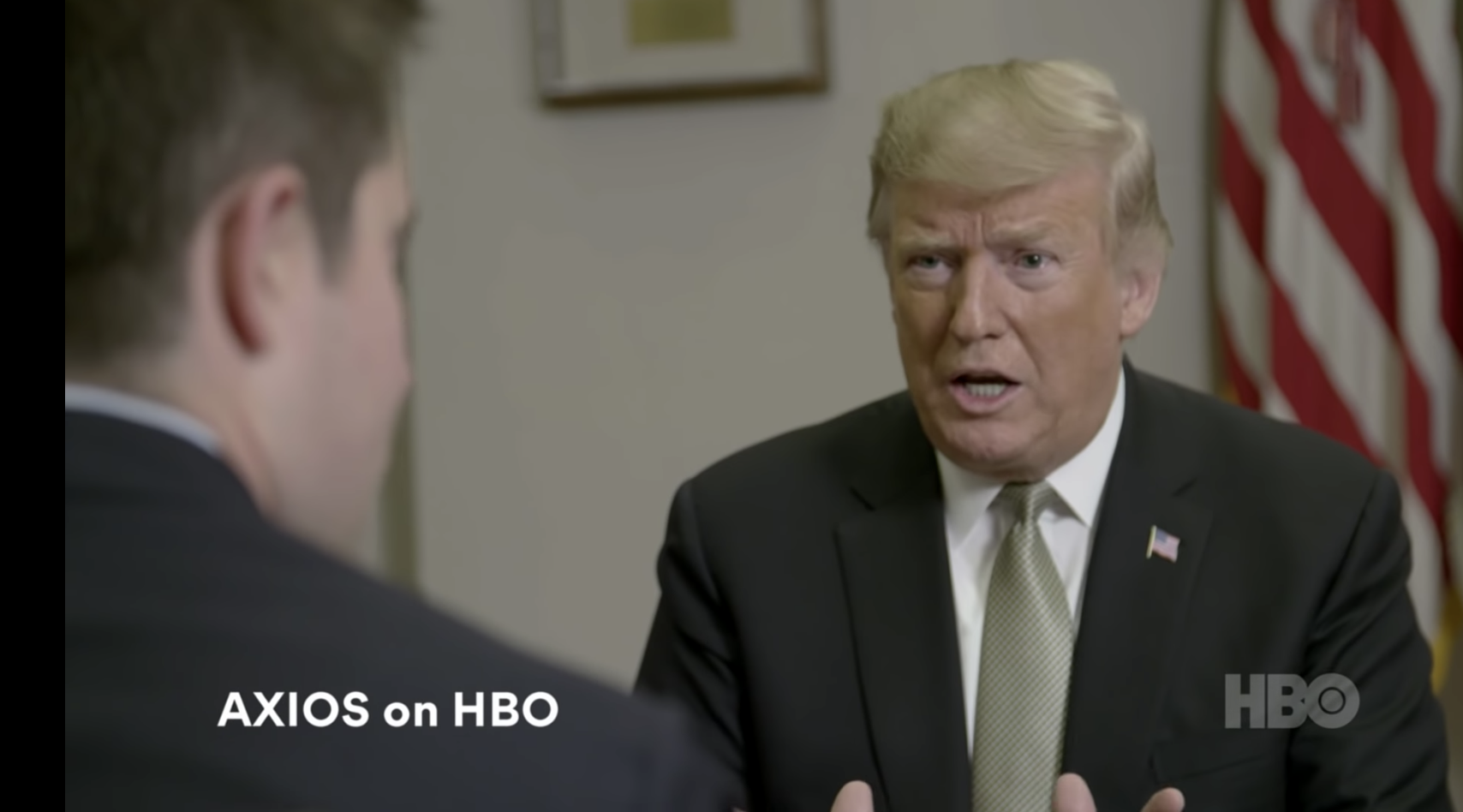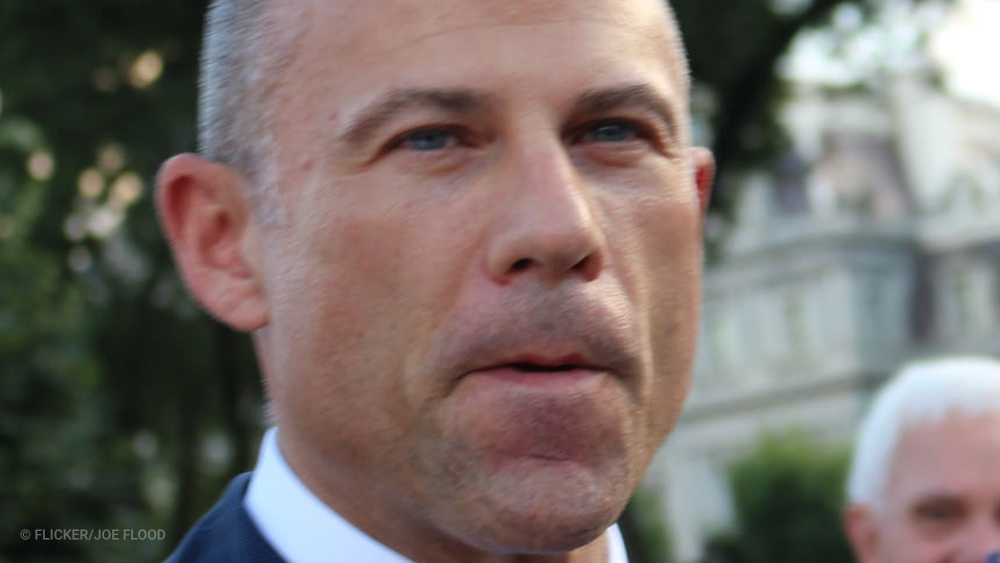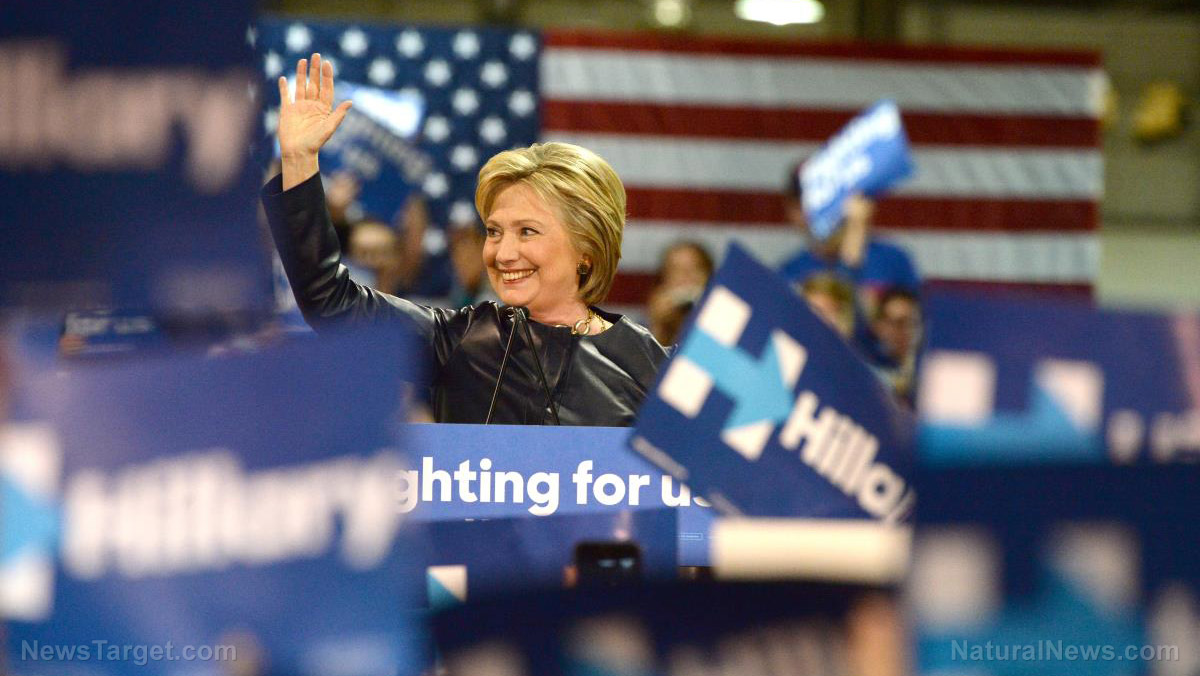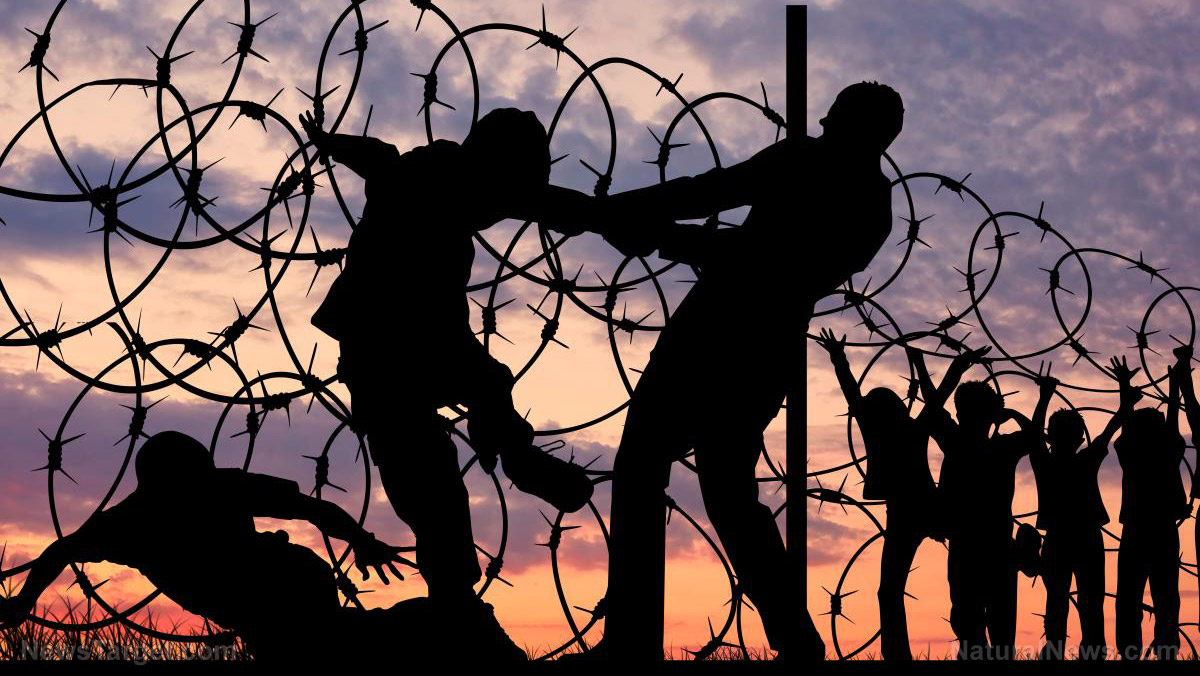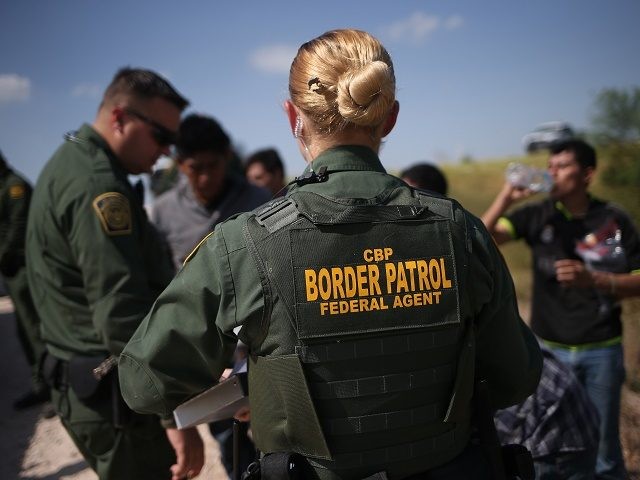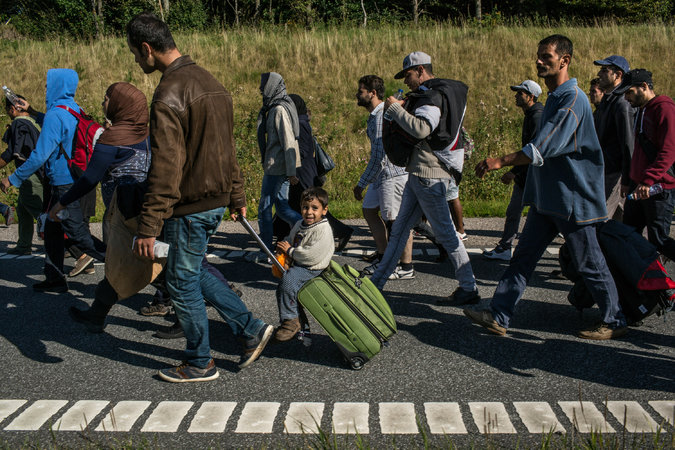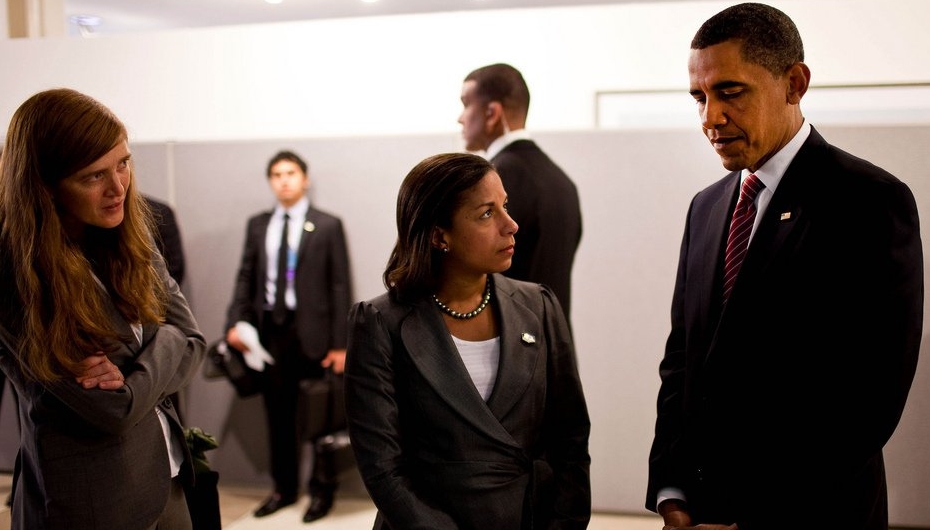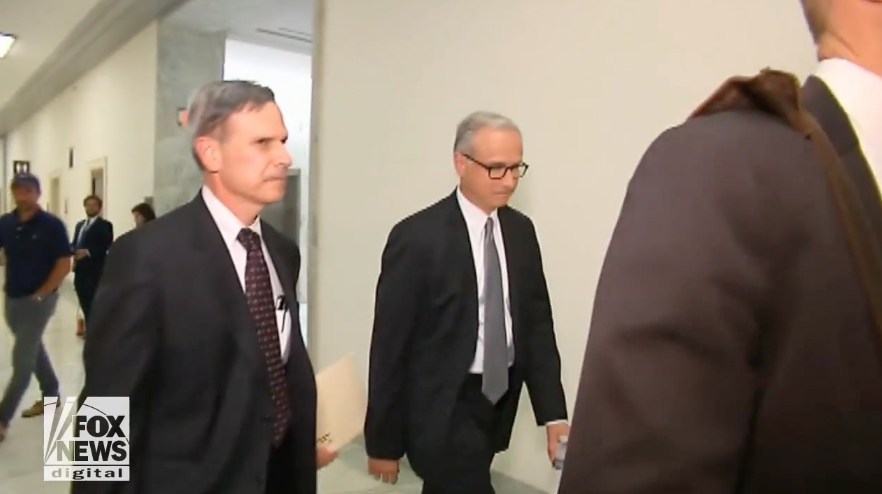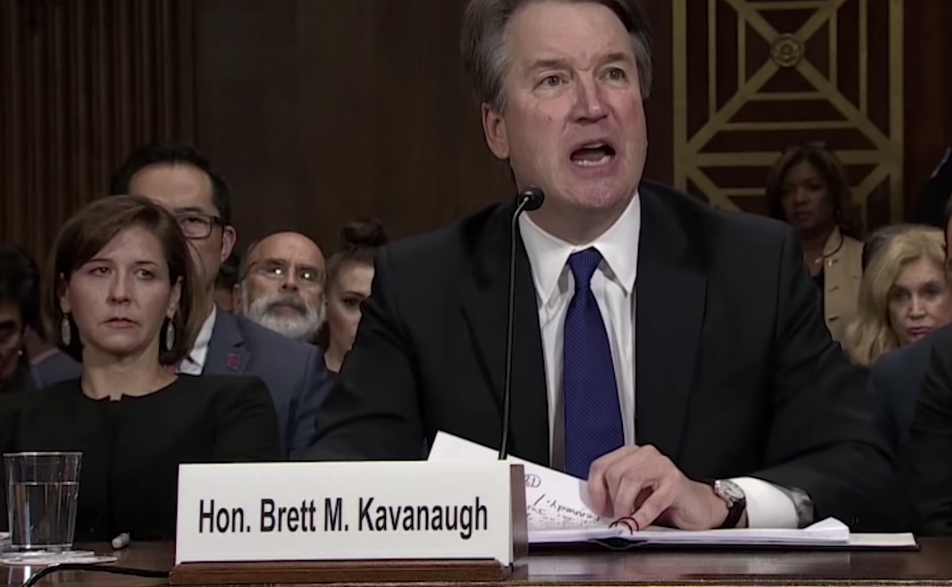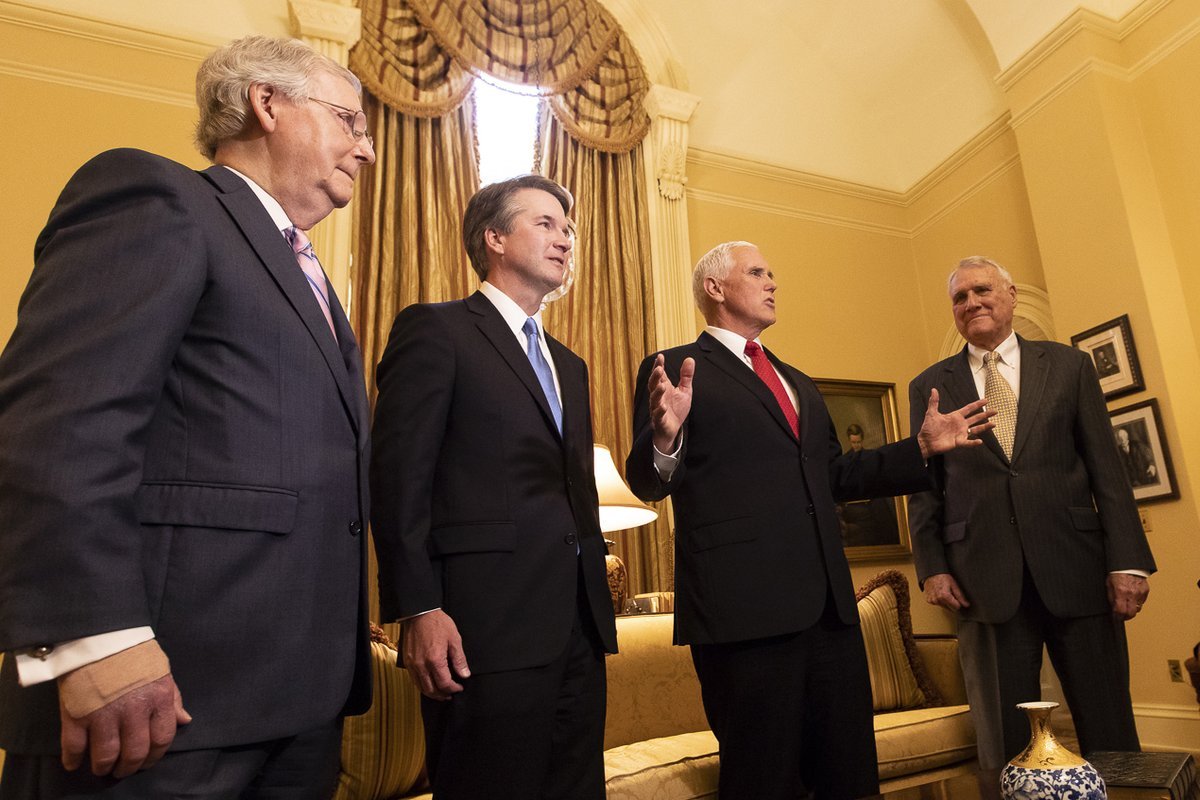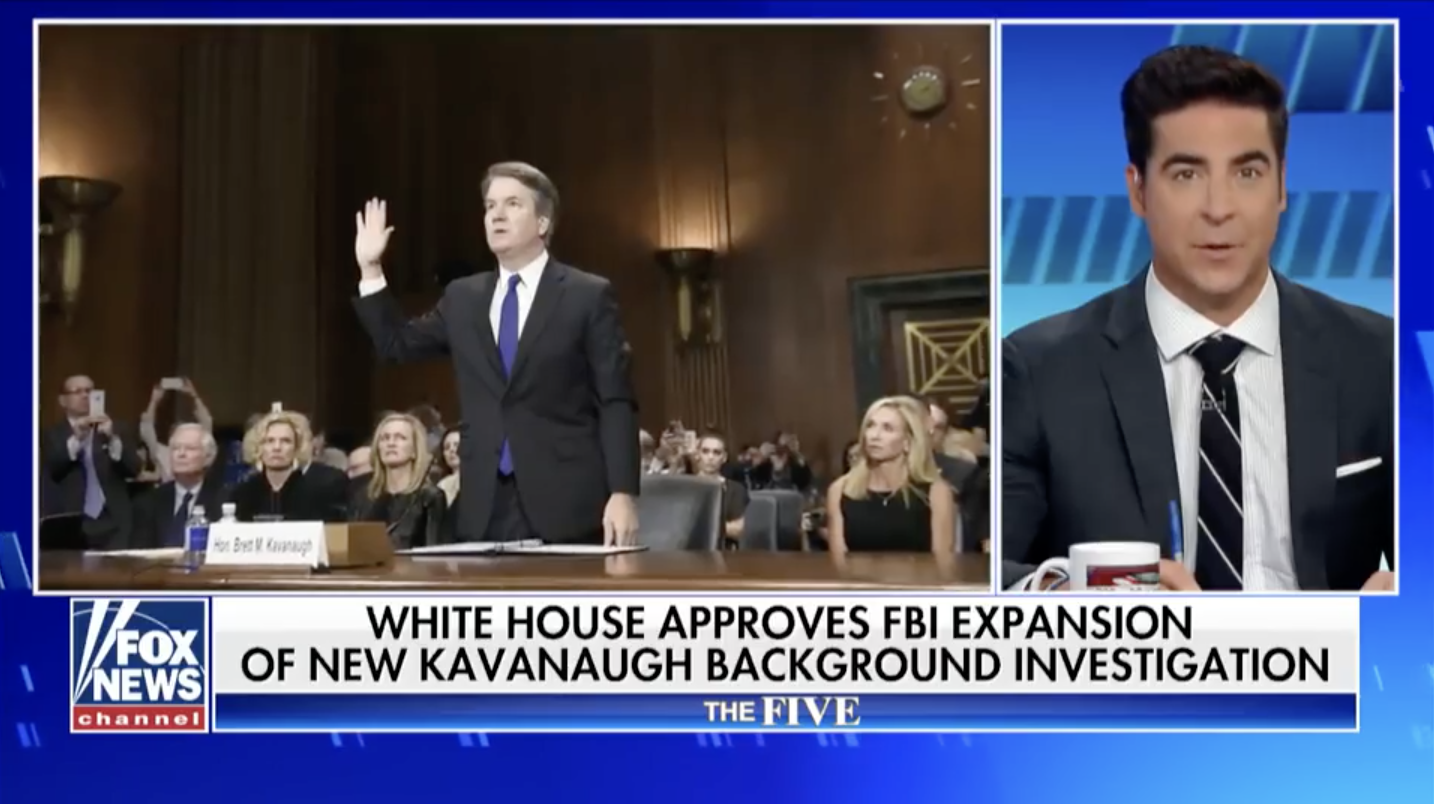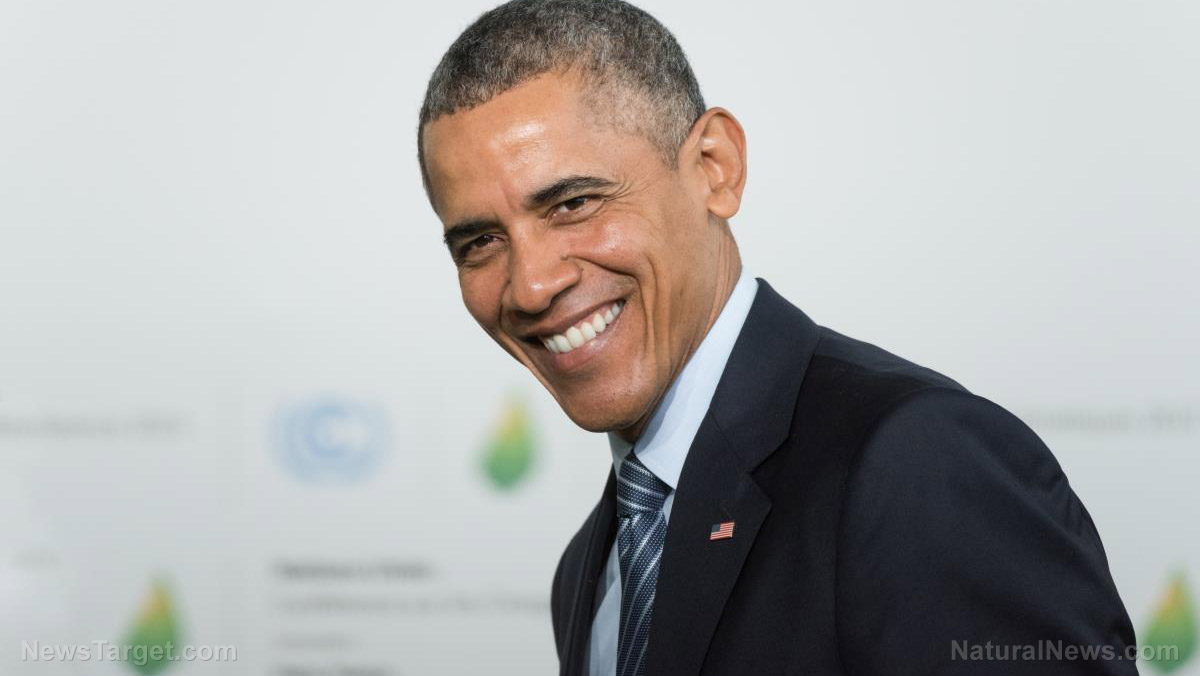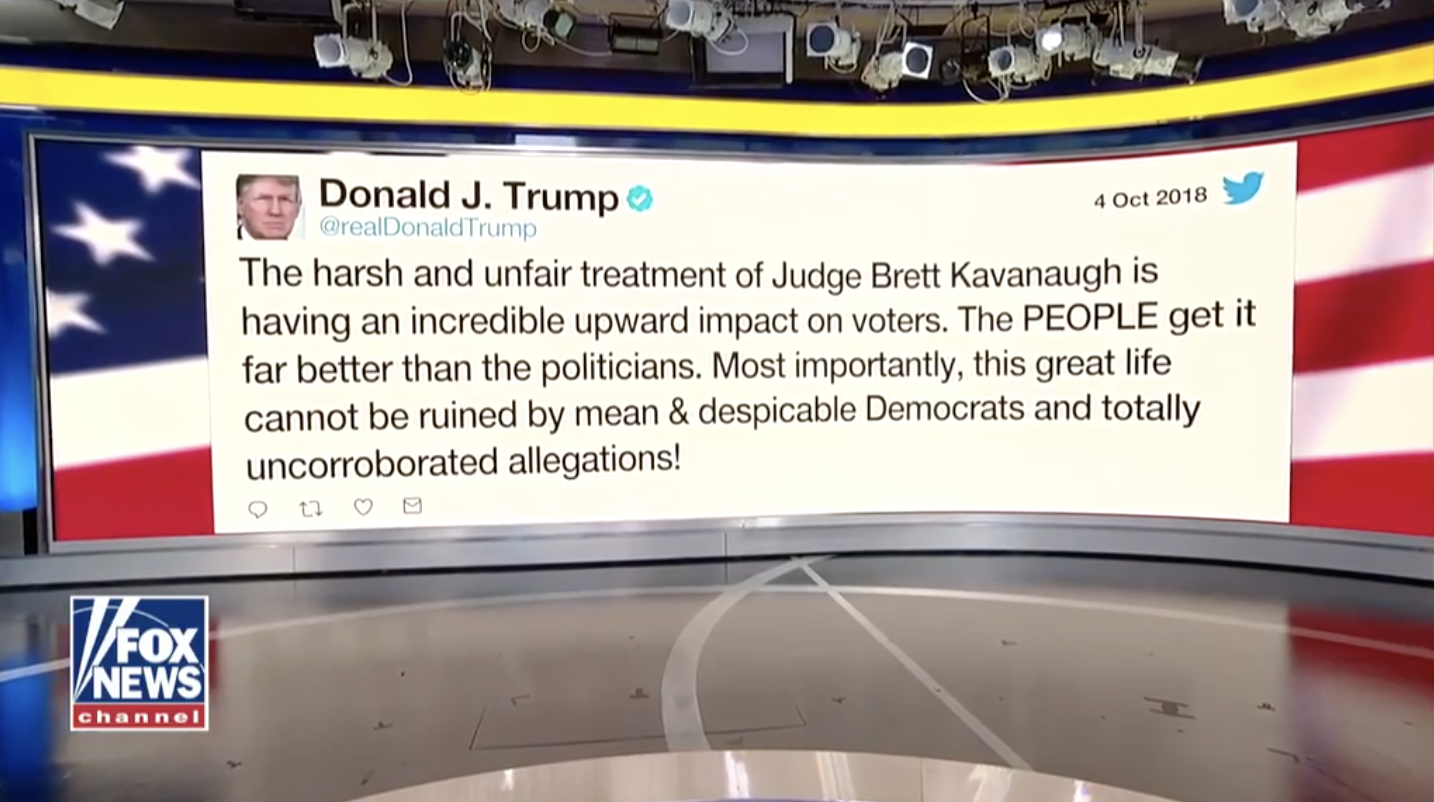Is Trump running out of patience with North Korea? President pledges to unleash “fire and fury” over latest provocation
08/10/2017 / By JD Heyes
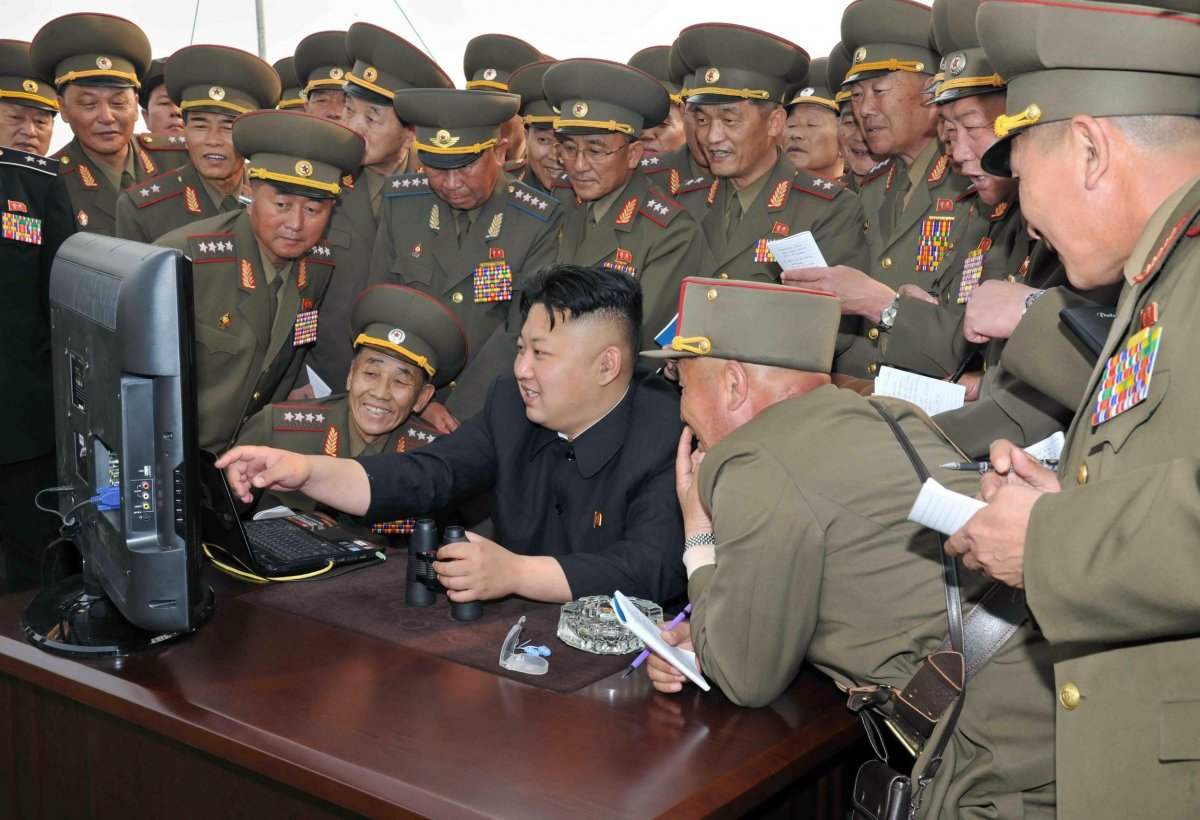
The war of words between President Donald J. Trump and North Korean leader Kim Jong-un heated up again on Tuesday, as the administration vowed anew it was ready to act against the reclusive Stalinist regime over its continued nuclear threats.
In warning North Korea against attempting to make good on any of its threats, Trump said, “They will be met with the fire and fury and frankly power, the likes of which this world has never seen before.”
That was followed by Pyongyang’s most specific threat to date. Released through North Korean media, the government said it would consider launching missiles at Guam, where Andersen Air Force Base and a sprawling U.S. military presence makes up about one-third of the 163,000 inhabitants of the 210-square-mile island, some 2,100 miles away. Located there are at least a half-dozen nuclear-capable B-52 bombers and at least two B-1B Lancer bombers, which took part in a 10-hour mission over the Korean peninsula Tuesday night.
In a series of tweets, Trump also heralded the U.S. nuclear arsenal, claiming it is stronger than ever before. “My first order as president was to renovate and modernize our nuclear arsenal. Now it is far stronger and more powerful than ever before,” he said.
“Hopefully we will never have to use this power, but there will never be a time that we are not the most powerful nation in the world!”
As The Wall Street Journal reported, an administration official also said that no one should assume the White House can contain a nuclear-armed North Korea via traditional deterrence methods. “We are not going to allow North Korea to hold American cities hostage,” the official said.
The North Korean government has conducted five successful nuclear tests since 2006, tests which came after years of negotiating unsuccessfully with previous regimes to halt nuclear development. In a 2013 report, the Defense Intelligence Agency concluded “with moderate confidence” that North Korea at that time possessed “nuclear weapons capable of delivery by ballistic missiles,” though at the time the DIA assessed their reliability as being low.
However, in May Director of National Intelligence Dan Coates told a congressional panel that Kim “was photographed beside a nuclear warhead design and missile airframes to show that North Korea has warheads small enough to fit on a missile.”
Also, the DIA completed an assessment last month claiming that North Korea had mastered the process of miniaturizing a nuclear warhead, making it small enough to fit atop a missile — a key milestone in nuclear weapons development. The Washington Post noted:
The analysis…comes on the heels of another intelligence assessment that sharply raises the official estimate for the total number of bombs in the communist country’s atomic arsenal. The United States calculated last month that up to 60 nuclear weapons are now controlled by North Korean leader Kim Jong Un. Some independent experts think the number of bombs is much smaller.
The assessment bolsters the belief among some analysts and experts that Pyongyang’s weapons program has advanced much faster than earlier thought. In addition, “U.S. officials concluded last month that Pyongyang is also outpacing expectations in its effort to build an intercontinental ballistic missile capable of striking the American homeland,” the Post reported.
In an appearance on the “Hugh Hewitt Show” on MSNBC, Trump’s national security advisor, H.R. McMaster, said the prospect of a nuclear-armed North Korea with the means to deliver such weapons would be “intolerable, from the president’s perspective.” (Related: The U.S. appears to be inching towards war with North Korea.)
“We have to provide all options…and that includes a military option,” McMaster said. He added that the White House would attempt to do everything short of war to pressure the Kim regime to “conclude it is in their interest to denuclearize.”
J.D. Heyes is a senior writer for NaturalNews.com and NewsTarget.com, as well as editor of The National Sentinel.
Sources include:
Tagged Under: ICBM, Kim Jong-Un, North Korea, nuclear device, nuclear war, nuclear weapons, President Donald J. Trump, threat

